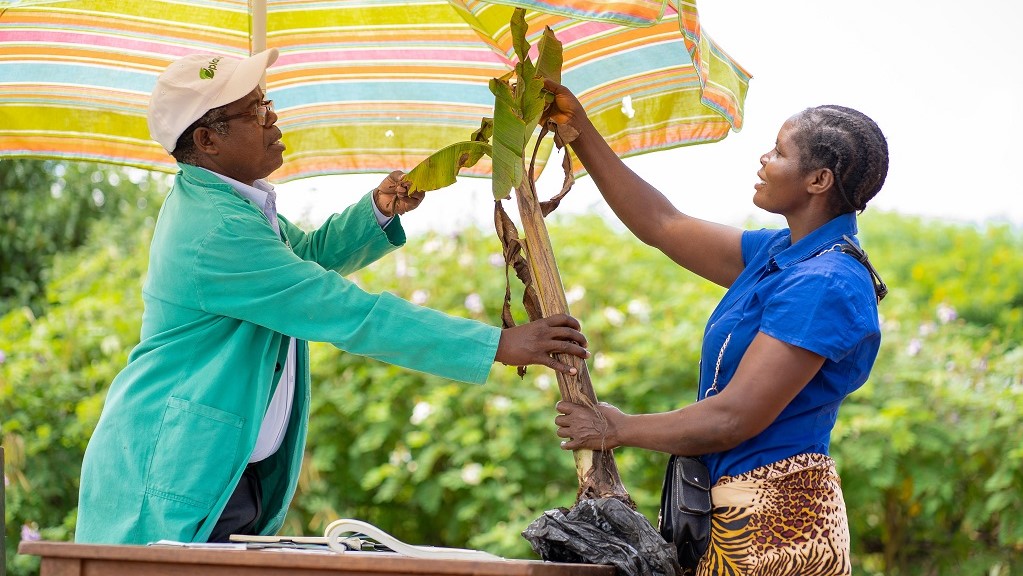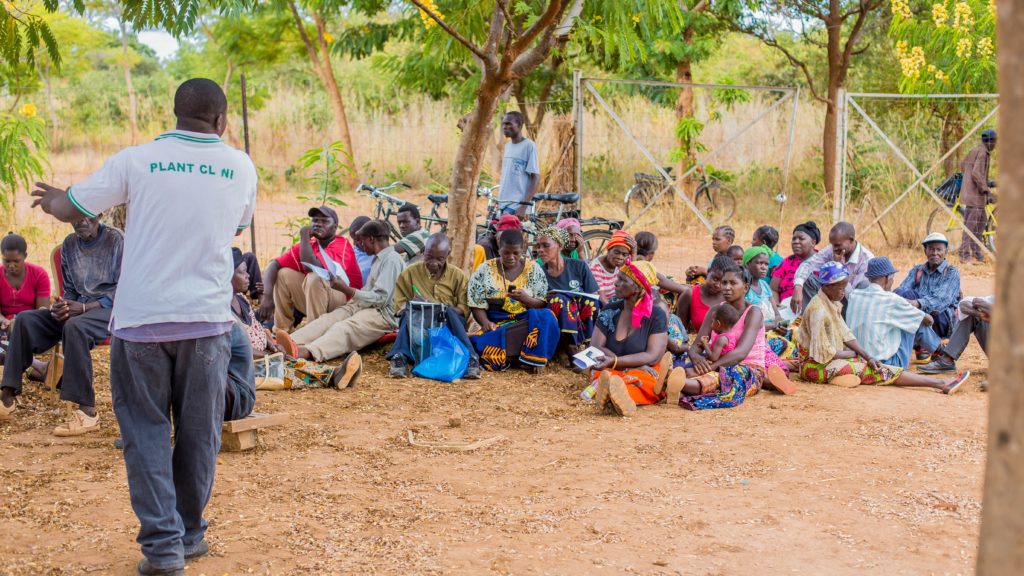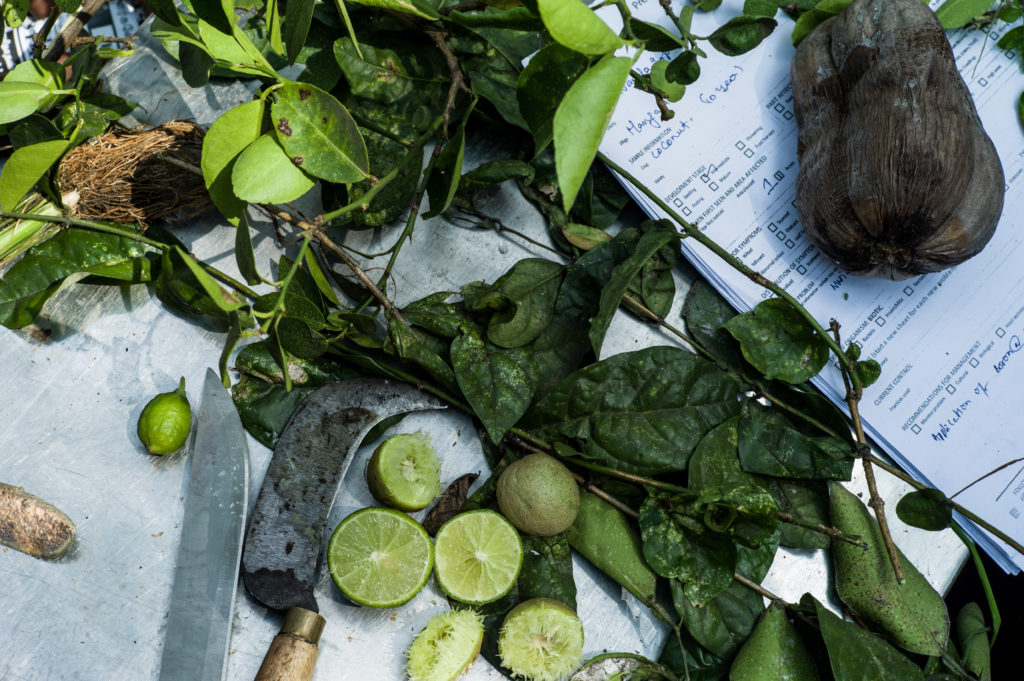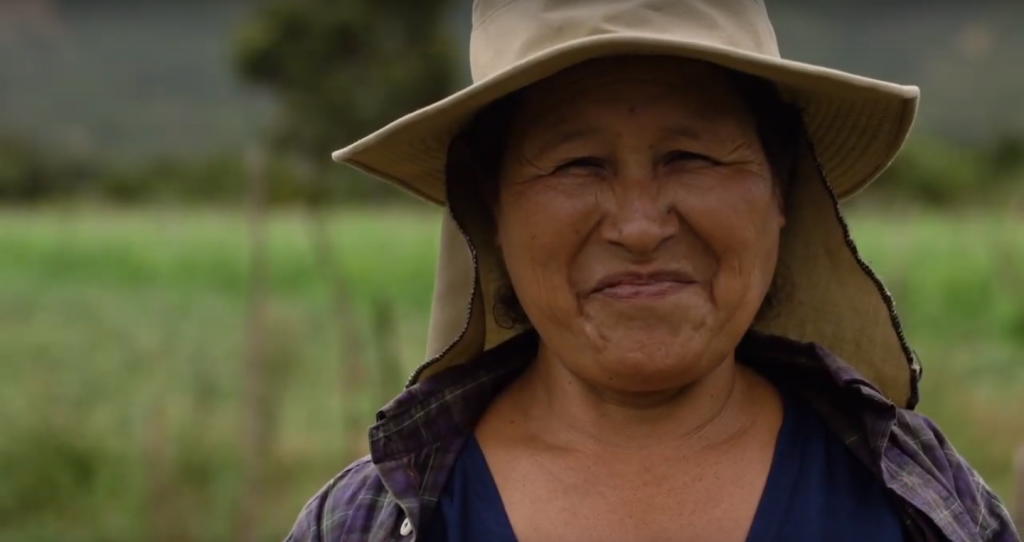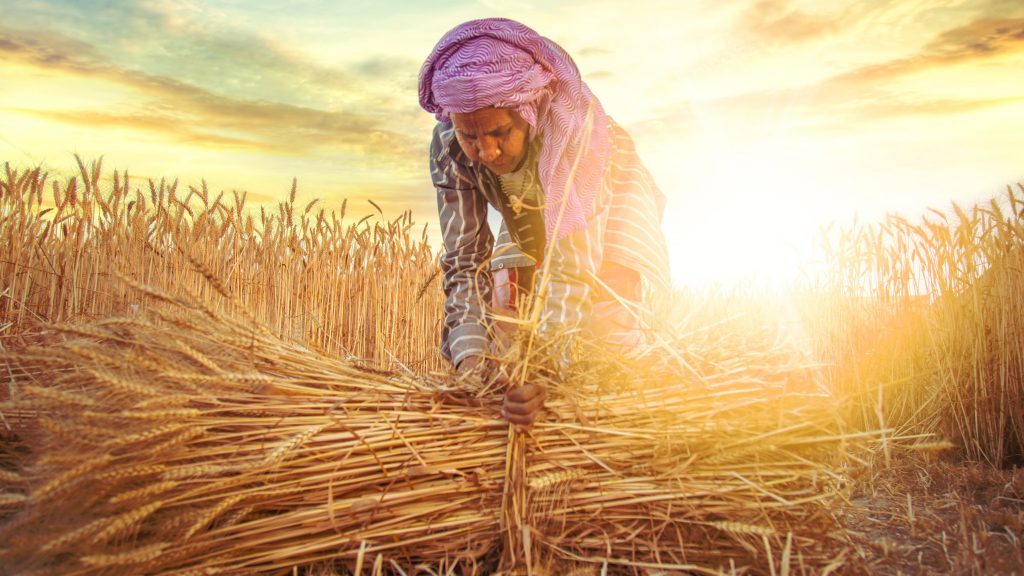More women are getting access to plant health advice through Plantwise and they grow the same crops as men
It is widely known that women have less access than men to agricultural extension services. Extension agents most often speak to household heads who tend to be men, as well as other male farmers. Plus, the extension agents themselves also tend to be men. Women often work longer hours than men too (12-17 hours per…
More than advice: farmers say paid-for extension must provide a “bundle of services”
Agricultural advisory services are a critical factor to promoting agricultural development, and investments in extension services are potentially important tools for improving agricultural productivity and increasing farmers’ incomes, two desirable outcomes of food security and poverty reduction articulated in MDGs and SDGs.
Plantwise and Syngenta Foundation India train rural youth to be agri-entrepreneurs
In August this year, Plantwise signed a partnership statement with Syngenta Foundation India (SFI) to collaborate on their flagship programme, Agri-Entrepreneur Enterprise. Under the programme, mentors who support agri-entrepreneurs – known as AEs – in achieving a sustainable enterprise form a fundamental part in capacity building. Plantwise and SFI collaborated on training the mentors who…
How can tomato farming be improved in Kenya? Study finds producers face a ‘myriad of constraints’
In a recently published paper in Scientific African, CABI’s Willis Ochilo led on a study which captured a better understanding of tomato producers in Kenya, describing in detail the production practices in order to identify challenges and opportunities for increasing tomato productivity for the country’s smallholder communities. Tomato is a good source of vitamins A…
“We the women can do it.” Meet Jacinta, a farmer from Bolivia
In a new video, Plantwise follows the life of Jacinta Delgadillo, a farmer from Comarapa, Bolivia. Jacinta and her family grow beans, peppers, and other crops for food and to generate an income. When the crops are attacked by pests and diseases, Jacinta uses her local plant clinic to gain knowledge on how to better…
Female farmers and extension workers should take the lead in reducing gender inequality in agriculture
A CABI-led study which compares male and female perceptions of access to and use of agricultural advisory services to help improve yields says women should take a lead role in helping to reduce inequalities which hinder their contribution to farming. Julien Lamontagne-Godwin, lead author of a new paper, published open access in the Journal of Agricultural Education…
Meeting the needs of women farmers in Pakistan
Globally, women represent 43% of the agricultural labour force but they have less access than men to credit, education, land ownership, high quality inputs, and rural advisory services. Agriculture can be a powerful pathway out of poverty but without fair access to these things, women aren’t always in a position to fully benefit.
"Work hard and always try to give your best – no matter what people say"
In honour of International Women’s Day, Dr Yelitza Colmenarez, Plantwise Regional Coordinator for Latin America and Caribbean and Country Director of CABI Brazil, reveals the motivation and inspiration behind her career in science communications and says her mother and grandfather’s advice has helped her overcome barriers faced as a professional woman.

